We were recently contacted by Women & Hi Tech who, as a partner with TechPoint Foundation for Youth, reached out encouraging STEM professionals to mentor programs for the Boys & Girls Club of Indianapolis. The goal of which is to support the Indianapolis US2020 Initiative and “change the trajectory of STEM education in America by dramatically scaling the number of STEM professionals engaged in high-quality STEM mentoring with youth.”*
We agreed to spend one hour every day for a week mentoring at the local Boys & Girls Club. The RocketBuild team is made up of many STEM professionals, so we felt pretty confident that we could teach a room full of kids about the wonders of coding. We were half right.
What is the Hour of Code?
The Hour of Code is the brainchild of Computer Science Education Week and Code.org. They reach students across 180+ countries through an hour long computer science and coding introduction. The goals include increasing diversity in computer science, inspiring students, and making changes to school curriculums. The experience reaches students at their level and by providing entertaining and relevant means of engagement.
Teaching the Hour of Code
Only one or two of us have been teachers previously, so we were mostly walking into our volunteer time blind. We figured hey, we know how to code, generally enjoy teaching colleagues and parters, and are fans of kids, so what more do we need? Turns out we were right. The kids were excited to have helpers, they asked us for help when they got stuck, asked us about our jobs, and in some cases (I’m not bitter I swear) told us we reminded them of their grandparents.
Our job for the Hour of Code was pretty simple: we set up the computers so that they were pointing to the right URL, encouraged the kids to choose an activity that they found interesting (oh you like Star Wars? Great me too, lets see if they teach us how to make a lightsaber!), helped talk through the instructions and code choices, and then showed them the right button to push to test their code. Turns out kid developers don’t like code bugs any more than adult developers. There were a few “oh man you’ve got a bug, maybe reset and see where we went wrong” but not one of the kids lost their cool when their code didn’t work; they asked for help, reset, shook it off, and came back to the task even more determined to make it work.
So basically they were dream students, everything went great, and at the end of the hour we said goodbye to our new friends, wished them good luck in school, told them to have fun, and went back to the office. Leaving our classes wasn’t the end of the lesson. Turns out, in fact, that we took some lessons home with us. You might even say that the students became the teachers…too much?
Learning from the Hour of Code
I mentioned already that the kids were awesome right? They were great students, and even better teachers.
Lesson #1 : Kids really do like to learn
Who knew a room full of super excited 6 to 8 year olds could settle down to coding for an hour, and stay engaged the entire time. We have toddlers; we were prepared for more mayhem.
Lesson #2 : Mentoring is rewarding
You know it’s supposed to be, of course, but sitting next to someone as they figure out a new thing, and then look at you with the “oh my gosh I did that, you helped me, we are so awesome!” expression, is literally the best.
Lesson #3 : It’s not work if it’s fun
We have fun at work every day, and not just in the “we’re writing a blog so think we’re cool” kind of way. Sure, some days are not as great, and sometimes things go wrong, but generally we’re a fun-having group. Or we thought we were, until we spent time coding with these kids. They were so excited about the work they were doing and so excited to have us there, that it reminded us how awesome our jobs are. I mean, you guys…we can write code that makes websites and phone apps and games DO things we want them to do. Which is pretty awesome. If you don’t believe me, go hang out with some kids and watch their minds get totally blown by the coolness of all that power to create, mold, change, and destroy.








